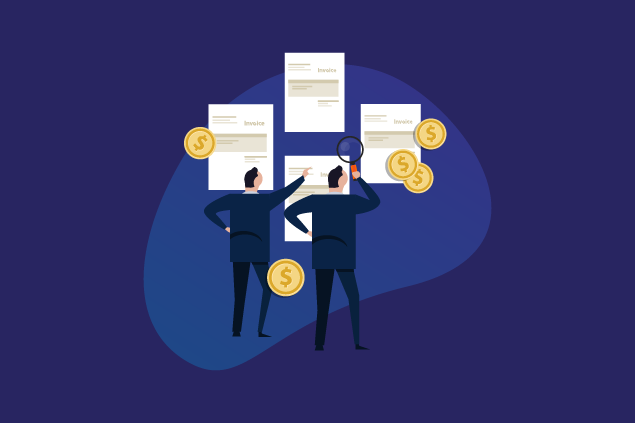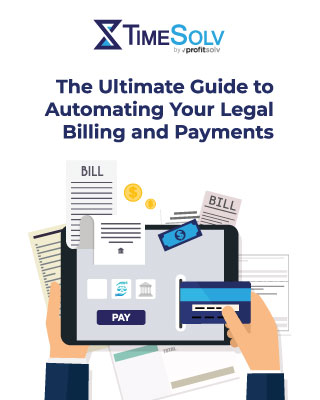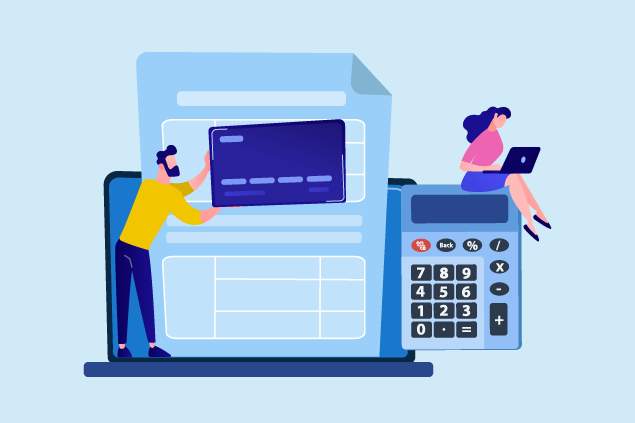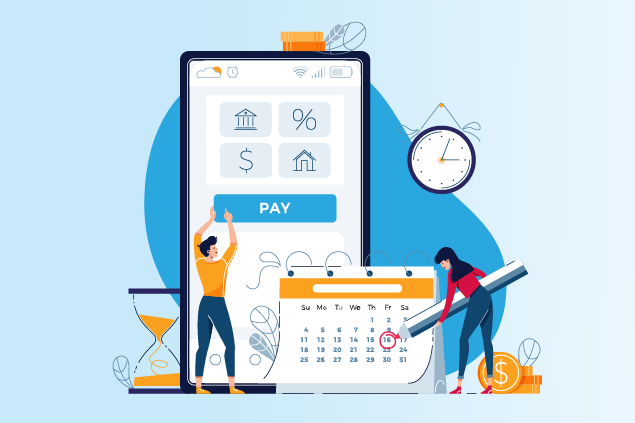For law firms, financial health is vital to your future. Financial health is multifaceted, though, and law firms may find certain aspects of it trickier to get a handle on than others.
One ongoing challenge for many practices is accounts receivable (AR). On the surface, your AR—the outstanding client invoices for completed work—seems straightforward. When you have a low AR, it means you have very few invoices going unpaid. When you have a high AR, you have a larger number of unpaid invoices.
The average collection rate for a law firm is typically 88%, but the remaining 12% of uncollected revenue can amount to tens or even hundreds of thousands of dollars. That 12% can be difficult to collect, causing a cascade of financial issues that jeopardize your practice’s financial health.
The question is: Is it possible to improve your AR… or even achieve zero AR?
Understanding the significance of zero AR
If your accounts receivable is high or increasing, it means that more and more clients owe you money. The longer it takes to get paid, the harder it is to manage your short-term financial obligations (payroll, debts, etc.). It is, in short, a cash flow issue.
A decreased cash flow can also limit your ability to invest in growth-generating activities, like marketing campaigns, pursuing new lines of service, or hiring new staff.
A high AR also forces you to play the role of collections agent. Cashing down payments isn’t productive, nor does it support positive client relationships.
Identifying the barriers to zero AR
While it can be easy to simply lay your AR woes at the feet of your clients, there’s usually more to it than that. Here are some examples of obstacles that can hinder law firms on their journey to zero AR:
- Inefficient billing practices: Delays in issuing invoices, inconsistent billing cycles, and unclear billing statements can lead to disputes and delayed payments.
- Sub-par communication: The absence of clear payment expectations and ineffective communication regarding billing can confuse clients, making it more difficult for you to get paid on time.
- Limited payment options: Different clients have different needs, and not offering modern, flexible payment solutions can create roadblocks to getting your funds in the bank.
The Ultimate Guide to Automating Your Legal Billing and Payments
To stay competitive in today’s legal landscape, law firms must embrace the power of technology, especially when it comes to billing and payments.
The best way to improve your law firm’s cash flow while also increasing client convenience is 'Automation'.
Download our free guide to improve your legal billing and payment process today!
The proactive approach: your foundation for achieving zero AR
If you want to get paid faster and keep moving your AR needle to zero, you’re going to need a proactive approach to billing and invoicing. Here are some steps your firm can take to get you there:
1 Enhance communication and billing transparency
Transparent billing practices and effective communication are foundational to managing AR. Establishing and communicating clear billing policies can head off any confusion further down the road.
This communication isn’t a one-time thing, though. Maintain communication about billing throughout the client lifecycle with user-friendly invoices and prompt responses to billing inquiries so you don’t have to deal with the headaches of potential disputes when the bill comes due.
2. Offer flexible payment solutions
Today’s clients expect convenience and flexibility. Your firm can meet these expectations by offering a variety of payment solutions.
Installment plans are often valuable to clients facing financial constraints; by allowing clients to pay their bills over a period of time, your firm can improve its cash flow while maintaining strong client relationships.
Another option is incorporating flat fee structures . Flat fees offer a more predictable price for clients and allow you to increase the volume of work you do in certain service areas. (Note that some services are more appropriate for flat fees than others, such as drafting a will or setting up a simple LLC.)
3. Accept online payments
Most people spend a lot of time on their mobile devices. Online payment options make things easier for your clients and can take your collections process from moving at a snail’s pace to being lightning-fast.
If you’re offering online payments, though, remember that not all payment processors are equal. (Work with a legal-specific payment processor to ensure you’re not creating any compliance risks for your firm.)
4. Keeping your billing cycles consistent
A consistent billing cycle ensures that your clients can anticipate receiving invoices at around the same time each month, which makes them more likely to pay you on time and ensures a more predictable cash flow for your firm.
To increase consistency in your billing, consider using billing templates as part of your financial workflows. Templates can be created with predetermined timelines so you don’t have to second-guess when tasks should be completed.
5. Commit to continuous improvement
The old saying “If it ain’t broke, don’t fix it” may apply to plenty of situations, but managing your collections process isn’t one of them. While it may seem like your firm is doing fine on the surface, there could be AR issues around that you’re unaware of.
To uncover hidden issues, review client interactions and collections to see what areas need adjustment. Ask your team to note any issues they’ve experienced with collections. Most importantly, request feedback from clients to find out how you can make things easier for them.
With this information on your side, you can adjust your processes so they are more AR-friendly.
6. Leverage technology
When you use the right payment solution, you can benefit from tools that will help you take your payment processes to the next level. The right payment software will provide you with features like:
- Automation and batch processing: Automated systems for invoice generation, sending payment reminders, and batch processing of invoices can speed up your collections process and reduce your administrative workload
- Secure online payments: Secure client portals allow your clients to pay their bills with the click of a button, which means that once they pay, you won’t have to wait weeks for the check to clear.
- Advanced reporting: Use advanced reporting features to drill down into your data and gain strategic insights into payment trends, monitor outstanding invoices, and analyze client behaviors.
Ready to take your AR to zero?
Achieving zero AR isn’t just an aspirational goal. It can be a reality for law firms that use the right strategies and technologies.
If you’re looking for a tech solution to help you implement the best practices outlined above and take your billing processes to the next level, it’s time to try TimeSolvPay.
From secure client portals and online payments to get you paid in hours instead of days to advanced reporting features that allow you to drill down into the details and make data-driven decisions to lower your AR, TimeSolvPay has the tools you need to succeed.
Ready to achieve zero AR? Sign up for a free trial today.
The Ultimate Guide to Automating Your Legal Billing and Payments
To stay competitive in today’s legal landscape, law firms must embrace the power of technology, especially when it comes to billing and payments.
The best way to improve your law firm’s cash flow while also increasing client convenience is 'Automation'.
Download our free guide to improve your legal billing and payment process today!

















